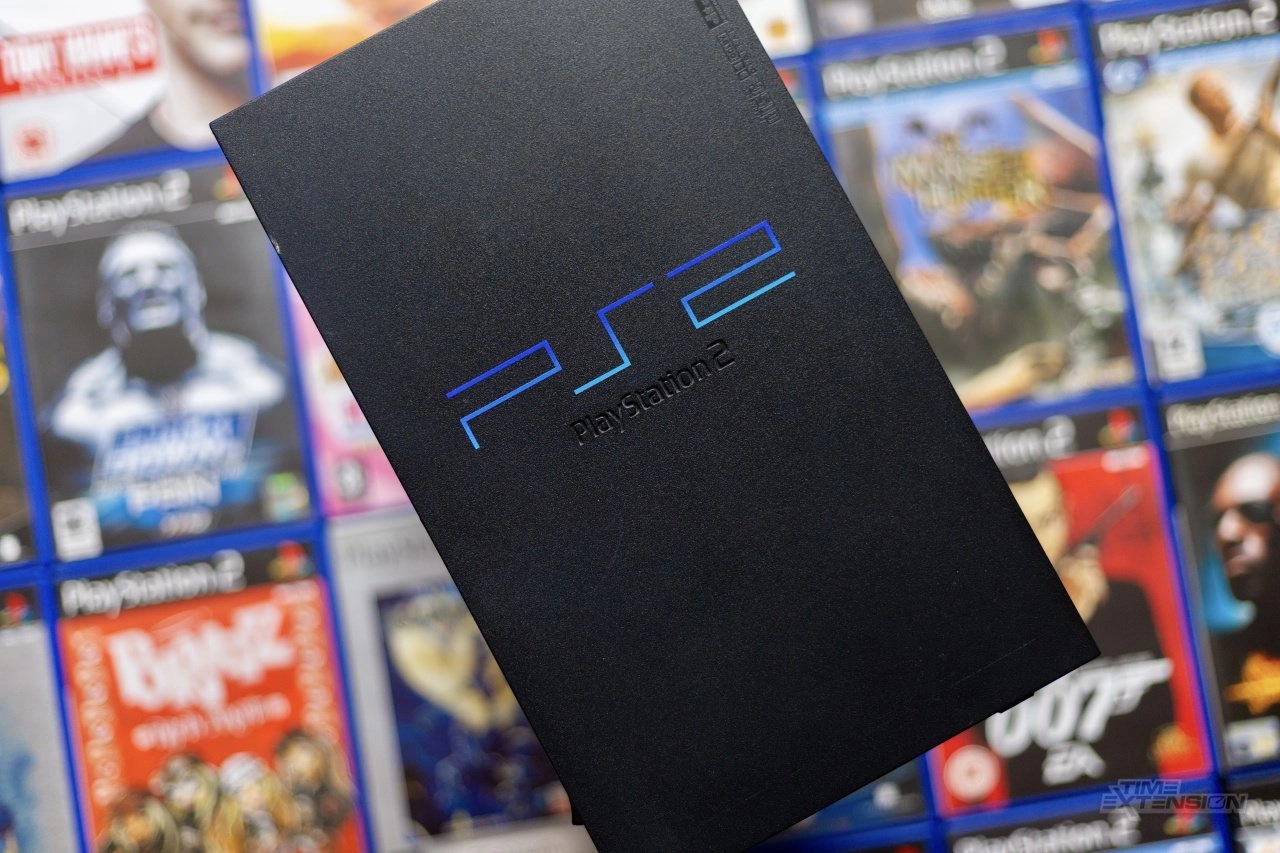
The National Museum of Nature and Science in Japan has made a significant inclusion in its 'Future Technology Heritage Registry' by adding the PlayStation 2 (PS2) to its list. This registration marks the first time a video game console has been acknowledged by the initiative, which was established in 2008. The PS2, originally launched in March 2000, stands out as a historic piece due to several innovative features that it introduced at the time.
The Future Technology Heritage Registry is dedicated to recognizing and preserving Japan's key contributions to science and technology. Before the PS2, the registry had celebrated other notable technologies such as the VHS format, the world's first CDs and portable CD players, the first LCD calculator, and the PC-98 computer. These items are chosen based on their impact and significance in promoting technological advancement and cultural change in and outside Japan.
The PS2 was selected for the registry for a few notable reasons. It was the world’s first home video game console that included DVD playback capability. This feature was groundbreaking at the time as it combined a gaming console with a DVD player, making it an appealing entertainment hub for many households. Additionally, the PS2 boasted the most advanced game console specifications of its era. Its powerful performance and broad library of games set a new standard for what home gaming systems could offer.
Another significant factor that contributed to the PS2's success and its inclusion in the heritage registry was its competitive pricing. When it was released, the PS2 was priced lower than most standalone DVD players available on the market, providing more value to consumers and helping to accelerate the adoption of DVD technology worldwide.
The PS2's immense popularity is reflected in its sales figures, with over 155 million units sold globally, making it one of the best-selling video game consoles of all time. Its extensive library of over 4,000 game titles, including fan favorites like "Metal Gear Solid", "Final Fantasy", and "Tony Hawk's Pro Skater", also contributed to its lasting legacy in the gaming world.
This year's other entrants into the Future Technology Registry include the Seiko Quartz Chariot watch, the JUPITER-6 and JX-3P MIDI synthesizers, two pioneering computerized sewing machines, and the light-emitting element Trinilight used in Jumbotron displays. These innovations, like the PS2, highlight diverse advancements across different technology sectors in Japan.
The inclusion of the PS2 in the Future Technology Heritage Registry not only celebrates its historical importance but also underscores the role of video game consoles as significant cultural and technological artifacts. This acknowledgment serves as a testament to the innovative spirit of the gaming industry and its impact on entertainment technology standards. By preserving such technologies, the registry helps ensure that future generations understand and appreciate these milestones in technological history. The PS2’s addition to the registry not only honors its contribution but also solidifies its place in both technological and cultural heritage.
You must be logged in to post a comment!